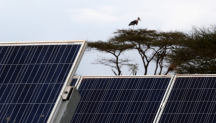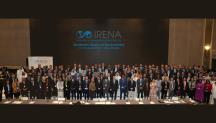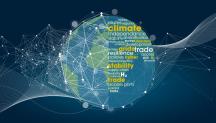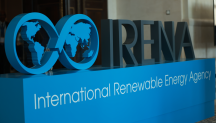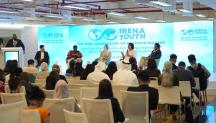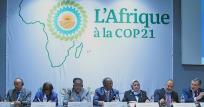
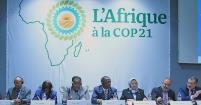
Clean Energy Corridor Initiative Expands to West Africa
Newsletter
A star-studded panel of eight key African leaders convened on the sidelines of COP21 yesterday to discuss plans to meet Africa's current and future energy needs through renewable energy.
Africa is going through a sustained period of economic growth and transformation with consistent GDP growth rates of 6 to 7% per year. If current growth rates are maintained, Africa's GDP will increase three-fold by 2030 and seven-fold by 2050. To meet growing electricity demand, and to improve electricity access, Africa must triple or quadruple its current capacity.
Thankfully, the continent has huge stores of renewable energy from wind and solar, to geothermal and hydropower. Analysis shows that renewable energy could feasibly meet half the continent's power needs by 2030.
“With rapidly decreasing renewable energy costs, the energy transition is within reach. A solar power project in South Africa is producing energy at just 7.5 cents per kWh, and a wind project in Egypt is producing power as low as 4.1 cent per kWh.” – Adnan Z. Amin, IRENA Director-General
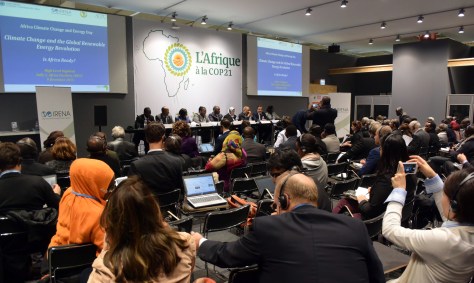
Despite this, regional markets must be created for African economies to attract the greater levels of investment needed to scale up renewables.
The Africa Clean Energy Corridor (ACEC) was adopted in January 2014 to do just that. Currently focused on countries in the eastern and southern African power pools, the initiative facilitates zoning and resource assessment, country and regional planning, enabling framework for investments, capacity building and public information.
By creating a larger regional electricity market, the ACEC could attract investments to meet 40-50% of power needs in ACEC countries. Combined efforts will also diversify resource availability, improve energy security and foster investment opportunities and job growth.
“To scale up employment in Africa to the levels needed, we must focus on renewable energy expansion. This industry can deliver the jobs we need for our people.” – Carlos Lopes, Executive Secretary, UNECA
During the event, Mahama Kappiah, Executive Director of ECOWAS Regional Centre for Renewable Energy and Energy Efficiency announced that West Africa will join the clean energy corridor work to increase the region's share of renewable energy from 28% today to 48% by 2030.
“The ECOWAS region has 330 million people and less than 20GW of installed capacity. We must achieve universal access for all by 2030. To do this, we must adapt policies that push in that direction.” – Mahama Kappiah, Executive Director of ECOWAS Regional Centre for Renewable Energy and Energy Efficiency
Full event coverage and video.
